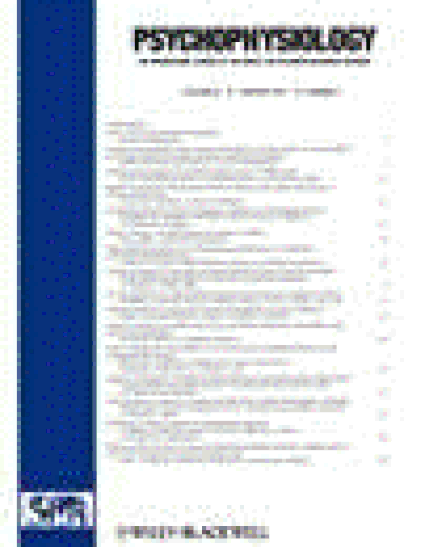
Article
Mental and Physical Countermeasures Reduce the Accuracy of the Concealed Knowledge Test
Psychophysiology
Document Type
Article
Publication Date
1-1-1996
Disciplines
Abstract
The effects of a physical (pressing the toes to the floor) and a mental (counting backward by sevens) countermeasure on the concealed knowledge test (CKT) were examined in a mock crime experiment with 40 subjects. Some knowledgeable subjects were informed about the nature of the CKT and were trained in the use of a countermeasure, whereas others remained uninformed. All subjects were offered a monetary reward if they could produce a truthful outcome. Subjects were tested using standard field techniques and instrumentation. The physical and, to a lesser extent, the mental countermeasures reduced the accuracy of the CKT. These results clearly demonstrate that the CKT has no special immunity to the effects of countermeasures.
Citation Information
Charles R. Honts, Mary K. Devitt, Marcus Winbush and John C. Kircher. "Mental and Physical Countermeasures Reduce the Accuracy of the Concealed Knowledge Test" Psychophysiology (1996) Available at: http://works.bepress.com/charles_honts/10/
